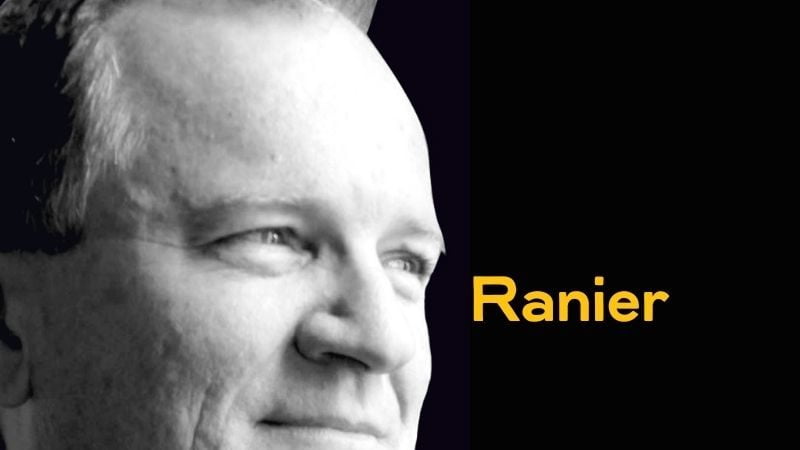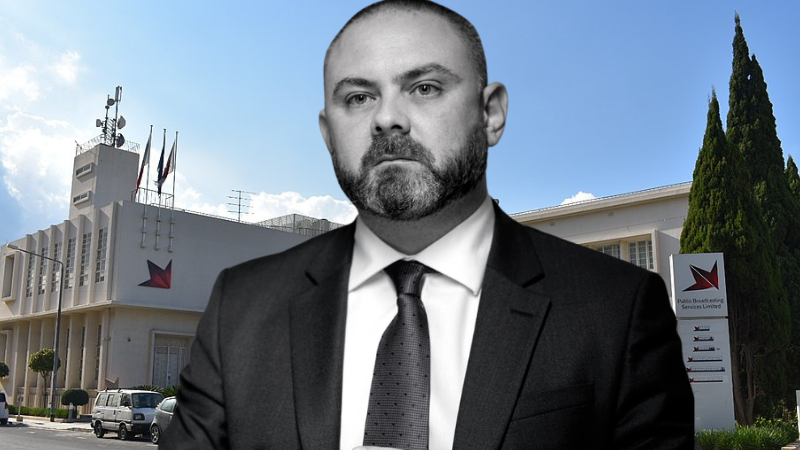One of life’s mysteries is how two men could be so similar and yet utterly different. Take these two men, Joe Debono Grech, a former Labour minister, and Franco Roberti, an MEP who was in Malta last week as part of a rule of law delegation.
In appearance, Debono Grech and Roberti could be brothers. The physical resemblance is striking. Only eight years separate them. They were born into the same cultural universe, one in Malta, the other in Naples. Both are politicians. Both describe themselves as socialists.
The similarities stop there. To examine the politics of the two men is to see just how far Malta’s Labour Party has drifted from mainstream centre-left European politics.
Roberti is a member of the European Parliament’s LIBE Committee, which deals with civil liberties, justice and home affairs. Debono Grech, a former Labour minister, takes liberties but they’re not necessarily civil. In parliament, he once threatened to smash up a fellow MP, Marlene Farrugia.
Roberti’s idea of justice is to have robust anti-corruption laws that work. Debono Grech’s idea of justice is to shrug at corruption if you get something out of it. During the last general elections campaign, he boasted that Labour was a “Good Thief”.
Publicly, the Good Thief disavowed Debono Grech’s remarks. Robert Abela is touchy about being called corrupt. But Debono Grech has been reappointed the prime minister’s ‘Special Delegate’ — itself a corrupt appointment.
The job is a fiction. No office, no description of duties. Thankfully, for Debono Grech, the €40,000 per annum salary is real.
Back to Roberti. At the end of LIBE’s visit, he said he thinks Malta introduced legal reforms against corruption only under external pressure.
Maybe he noticed the website of the Office of the Prime Minister states that five of its Director positions are still vacant. They include the Directors of audits of EU funds and of financial investigations.
Or maybe Roberti was reading the news about MPs’ campaign expenses. Labour ministers don’t bother being credible.
According to Clint Camilleri, the costs of a rally — the rent of a marquee, branded podium, lighting, LED display, chairs and tables — came to an average of €800 each. He says that his events (at least five) cost a total of €4,000.
Meanwhile, Ian Borg says two rallies cost him around €4,000 each — a total of €15,000 for six events. Miriam Dalli says she spent over €6,000 on ‘logistics’ for two events. Byron Camilleri says he spent the same amount on just one event.
Such wildly different costs — and yet they were all using the same company, TEC, which has been remarkably fortunate in attracting government contracts.
What is the Electoral Commission for? Apparently, to announce the triumph of knowing winks over honesty.
Apart from dodgy receipts, there are dodgy donors. Take Alicia Bugeja Said, the new junior minister for fisheries. Over a third of her campaign expenses — some €6,000 out of €16,000 — were covered by major players in the industry she’s supposed to govern.
Bugeja Said denies any conflict of interest. She says voters can judge her on her work. The real issue is that the big enterprises seem to have already judged her work and really liked it. They knew her in her previous roles as the Director of the fisheries department and member of the scandal-ridden fisheries board.
No conflict of interest? Not even the appearance of one? It’s laughable in any place where anti-corruption frameworks are taken seriously.
Here, a ministerial position was reserved for Bugeja Said before she entered parliament through the gender mechanism. Abela must have known that the industry favoured her. We cannot even exclude that the big players told him they wanted her.
The gender mechanism was introduced to help speed up social progress. Instead, here we see it working in the interests of a candidate who was favoured by powerful commercial forces that hope to preserve the status quo.
Roberti isn’t the only international observer to see the gap between appearance and reality. This week, GRECO (Group of States against Corruption) reported that Malta has only implemented two of its 23 recommendations. That hasn’t stopped the government from boasting of its reforms.
The government proclaims that it has accepted the Caruana Galizia public inquiry report and is taking action on its recommendations. Yet it continues the same rotten practices — of blurring Party and government — that the public inquiry condemned.
Konrad Mizzi is gone but his old fixer, David Galea, is back as ‘consultant’ at Enemalta despite what we’ve learned, through the inquiry and elsewhere, about the Electrogas contract and the VGH hospitals’ concession.
This is worse than inaction on the inquiry. It is defiance of its findings.
All we get is simply a keeping up of appearances with international bodies. Domestically, even appearances — as we can see in the ministers’ expense declarations, and the prime minister’s reappointment of Debono Grech — are sometimes too much to bother with.













Since the arrival of this current dark age, those who love Malta are kept in the light by journalism like this. Malta’s true heroes .
Unfortunately for the country good journalism does not get to where it matters most. At Castille they have it completely soused out. People like DG appeal to a large section of their voters. If it’s not stupidity then it’s bully-boy tactics; both are applauded. The galling bit is that €40000 is from our taxes. They know that whatever inanities they utter will get them elected!
What were the words by Joe Debono Grech exactly ” Ohrog …..ghax nifqak”?
Does Italian MEP Franco Roberti read the Italian newspapers? “Amatrice, le nuove case rifiutate dai terremotati: “Il cemento ci fa paura, meglio i prefabbricati”. He should have his hands full in his homeland with the abundance of corruption wherever you look.